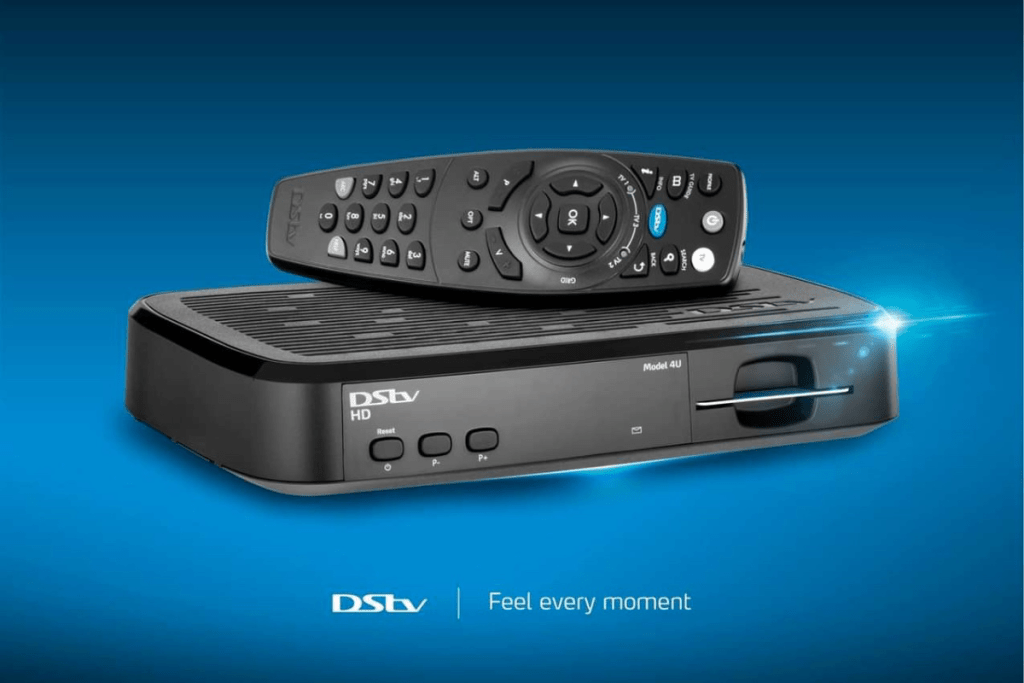
MultiChoice Uganda has rolled out a new “Ka Weekie” weekly subscription plan, a first for pay-TV in the country. Viewers can now access packages like DStv Compact for just UGX 37,000 per week, a lifeline for cash-strapped viewers who can’t afford a full month’s bill. Nigerian media reports that MultiChoice is testing similar weekly plans across Africa and may soon bring them to Nigeria.
Industry watchers view this not just as a DStv sales tactic, but as a clear indication of how inflation and competition are forcing pay-TV to repackage content into more affordable bits just to stay afloat. In short, Nigeria’s pay-TV giant is applying a kind of “shrinkflation”—delivering the same content in smaller slices to keep subscribers hooked.
But this shift isn’t happening in isolation. Traditional pay-TV is facing growing pressure from cheaper, more flexible streaming platforms. The contrast is stark: DStv’s flagship Premium package is ₦44,500 monthly, while streaming alternatives are significantly more budget-friendly. Netflix Nigeria provides tiered pricing from ₦2,500 for its mobile plan up to ₦8,500 for premium access. Amazon Prime Video enters the market at just ₦2,300 monthly, with an even more accessible mobile-only option at ₦800. Meanwhile, Showmax Nigeria caps its all-device entertainment package at ₦3,500, offering a mobile-only alternative for ₦1,600. In other words, DStv Premium costs roughly 4–5 times more than Netflix Premium or Showmax, and nearly 20 times more than a Prime Video subscription.
And it’s not just about the cost. These platforms offer features that fit how people now consume entertainment: on-demand access, multiple screens, and ever-growing libraries of local and global content. Meanwhile, free, creator-driven platforms like YouTube have become essential outlets for Nigerian filmmakers and entertainers. A new generation of creators is bypassing traditional gatekeepers entirely. Take influencer Enioluwa Adeoluwa, whose 2024 YouTube series All of Us quickly garnered over 11 million views. Filmmakers like Omoni Oboli (Love in Every Word) highlight YouTube’s wide reach and creative freedom.
YouTube’s appeal is twofold: it’s accessible and monetizable. For consumers, it’s free and packed with local skits, series, music shows, and more. For creators, it offers income through ads and fan donations, without the gatekeeping or algorithmic mandates of bigger platforms. As more Nigerians opt for content that’s flexible, pay-TV’s cultural dominance continues to slip.
The growing disinterest is already visible in MultiChoice’s numbers. Between April and September 2024, the company lost 243,000 Nigerian subscribers, largely due to inflation and the growing appeal of cheaper or free alternatives. Industry analyses confirm that rising monthly fees are pushing viewers to explore other options or temporarily cancel their DSTV subscriptions. For many households, it’s simply no longer worth it. The foreign shows, movie reruns, and talk shows don’t hold the same pull they once did, not when you can watch global hits or homegrown content elsewhere for less.
Still, DStv hasn’t disappeared; what keeps it afloat, primarily, is football and live sports. In general entertainment, its grip has loosened, but sports remain a stronghold. MultiChoice has recognized this, recently announcing a sports-only package in Nigeria aimed at fans who subscribe solely to watch the Premier League, UEFA Champions League, or Serie A.
DSTV’s weekly plan might look like a desperate economic concession, but it’s also something else: a signal that the old model of television no longer holds. Nigerian viewers have seen what flexible, affordable, on-demand content looks like, and they’re not going back. Not only do Nigerians want the best value for their money, but they also want value that reflects how they actually live now: online, mobile, week-by-week, and always moving. In this new landscape, entertainment services have to earn their keep.
